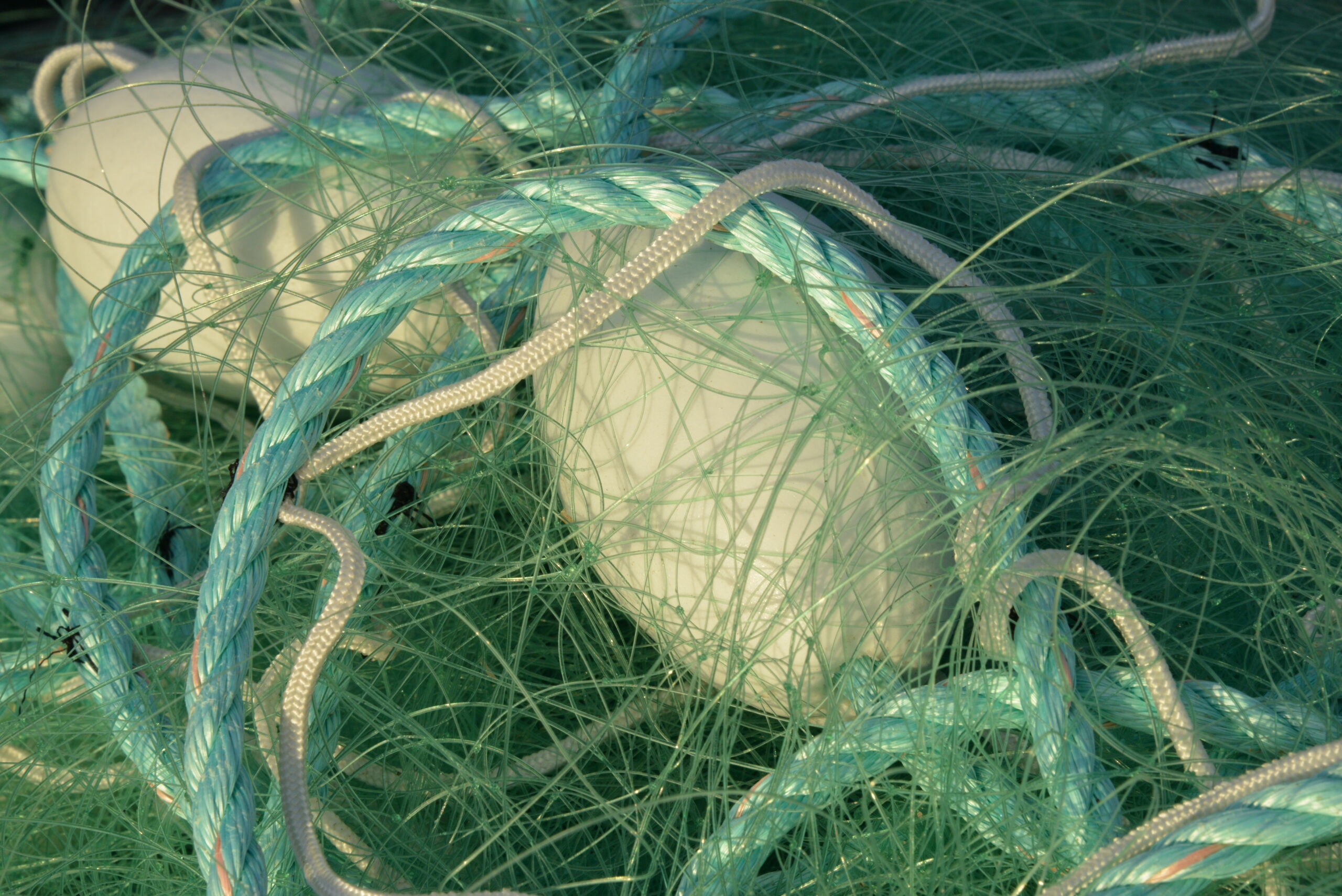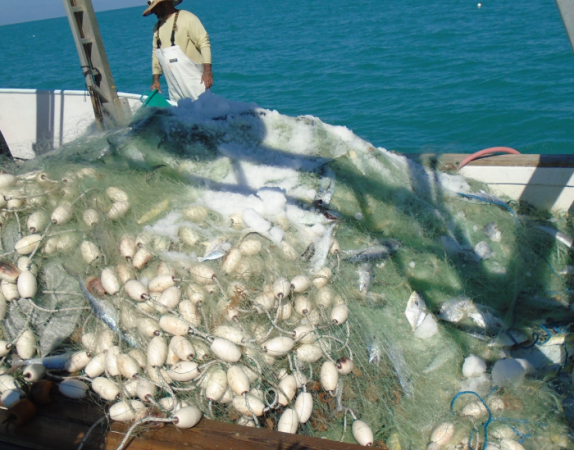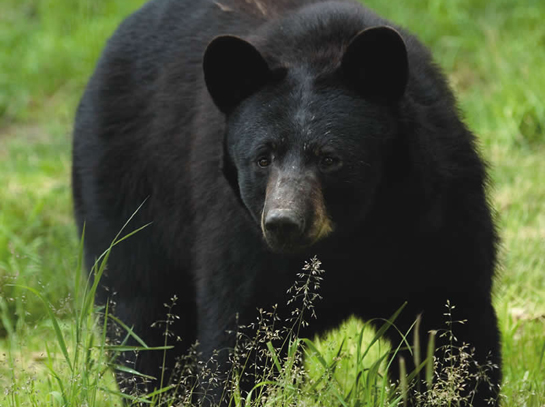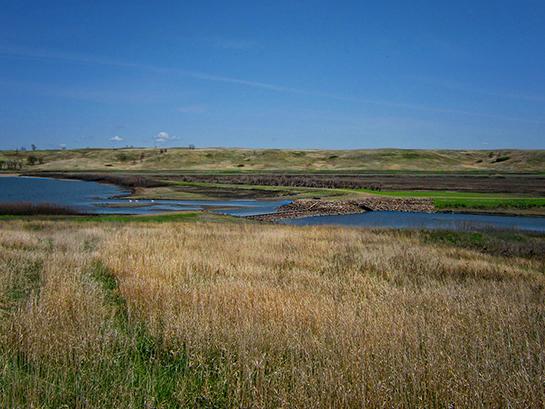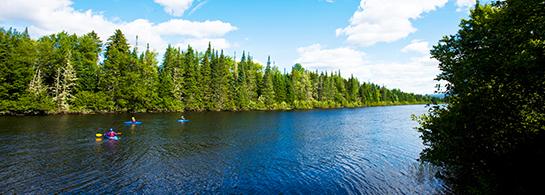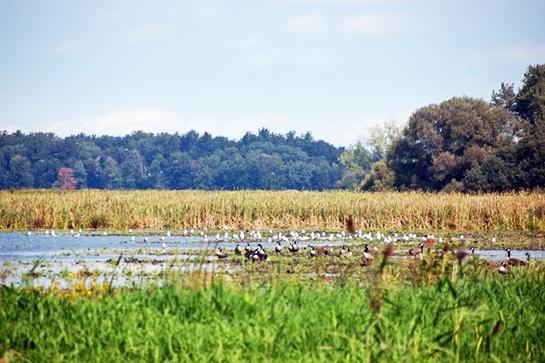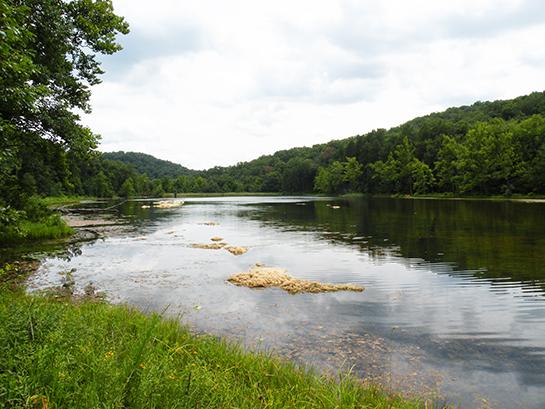Ten men from Atlanta, Georgia, were arrested last week for the unlawful use of a monofilament entanglement net (also known as a gill net) at the Skyway Bridge North Rest Area near St. Petersburg. Each were charged with one felony and multiple misdemeanors, according to the Florida Fish and Wildlife Conservation Commission.
Law enforcement officers with the FWC were tipped off to the illegal activity by a concerned citizen, who saw nets in the water and called in an anonymous tip to the agency. Officers then conducted surveillance in the area and discovered that the 10 individuals had strung up a series of four gill nets at the Skyway Bridge North Rest Area, which crosses Tampa Bay just south of St. Petersburg.
Altogether, the four nets stretched out to roughly 1,660 feet in length, which, as the FWC pointed out in a Facebook post, is more than four-and-a-half football fields of netting. The individuals used the gill nets to take several different species of fish. Law enforcement officers seized the nets along with approximately 500 pounds of illegally taken fish and sharks during the arrest.
Marcos Lopez Navarrete (27), Ernesto Lopez Navarrete (35), Roberto Gonzalez Lopez (41), Carlos Lopez Santana (18), Fredy Lopez Navarrete (38), Fredy Lopez Reyez (18), Rafael Castro Herrera (40), Daniel Reyez Valente (26), Efren Lopez Navarrete (43), and Lorenzo Lopez Navarrete (40) were each charged with the following:
- One count third-degree felony for use of gill net in state waters
- One count first-degree misdemeanor for major violation pertaining to snook
- Two counts second-degree misdemeanor for possession of undersized sheepshead
- 13 counts second-degree misdemeanor for possession of undersized black drum
- Four counts second-degree misdemeanor for possession of undersized permit
- Five counts second-degree misdemeanor for illegal method of harvest of snook
- Five counts second-degree misdemeanor for possession of undersized snook
- Five counts second-degree misdemeanor for possession of snook out-of-season
- Three counts second-degree misdemeanor for possession of undersized trout
- Nine counts second-degree misdemeanor for illegal method of harvest of shark
- Nine counts second-degree misdemeanor for illegal method of harvest of blue crab.
Gill nets are traditionally used by commercial fishermen, and they are notorious for wreaking havoc on the entire marine food chain. They tend to create a significant amount of incidental “bycatch,” including marine mammals such as sea turtles and porpoises, game fish like snook, redfish, and tarpon, as well as pelicans, cormorants, and other water birds.
Read Next: Four Mississippi Anglers Make the State Record Books with Unique Catches
“[Gill nets] typically work by ‘gilling’ the fish and entangling them within the mesh,” according to the FWC. “With the exception of very small fish that escape through the mesh, the majority of marine life that becomes entangled in the net dies. This type of net can be especially devastating for sea turtles and marine mammals.”
Gill nets were banned from Florida’s waters for these exact reasons in 1995. The use of gill nets within a mile of Florida’s east coast and three miles of its west coast automatically constitutes a third-degree felony, which carries a maximum penalty of five years imprisonment and/or a $5,000 fine.

